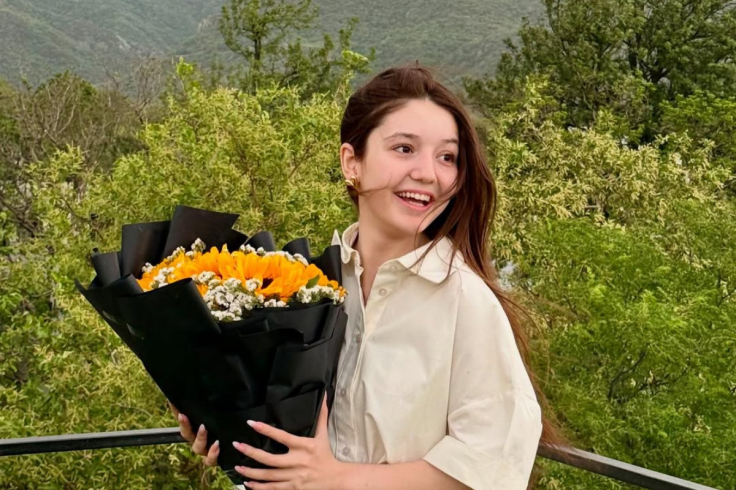What Is Femicide? Sana Yousaf, Pakistani TikToker, Allegedly Killed by Rejected Admirer
Teen TikTok star shot dead by cousin in Islamabad after rejecting advances

On 2 June 2025, Sana Yousaf, a 17-year-old TikTok creator, was shot dead in her home in Islamabad, Pakistan, on her birthday. The suspected killer is 22-year-old Umar Hayat, reportedly her cousin and fellow content creator, who had allegedly pursued her romantically for several months.
According to police, Hayat arrived at the family home in Sector G-13, claiming to visit Sana for her birthday. Shortly after entering, he produced a firearm and shot her twice at close range. She died instantly. Hayat fled the scene but was arrested the following day in Faisalabad. During interrogation, he confessed to the murder and stated that he was enraged by her repeated rejections.
A Promising Life Cut Short
Sana was originally from Chitral, a mountainous region in northern Pakistan, and had built a significant online following by sharing videos that celebrated her cultural heritage. She was best known for wearing traditional Chitrali dress and promoting education for girls in her community. Her content was bright, inspiring, and free of political controversy. She focused on pride in identity and the importance of education, especially for young women.
Just hours before her death, Sana posted a video thanking her followers for their support. There was no indication of fear or distress. The sudden and brutal end to her life, allegedly at the hands of someone she trusted, has left her family and a growing online community in mourning.
The hashtag #JusticeForSanaYousaf quickly began trending across social media platforms. For many in Pakistan, the reaction was heartbreak. For others, it was anger. But for nearly everyone, it felt tragically familiar.
Understanding Femicide in Pakistan
Femicide refers to the killing of women simply because they are women. These acts are not isolated incidents of violence but are often rooted in control, misogyny, and a deep sense of male entitlement.
In Pakistan, many such crimes are labelled as so-called 'honour killings', a term that can dangerously imply cultural justification. But at their core, they represent the same injustice—men murdering women who assert their autonomy.
According to the Human Rights Commission of Pakistan, over 470 honour killings were reported in 2021. The true number is likely much higher, as many cases go unreported or are concealed by families. Despite legislative efforts, including a 2016 law aimed at preventing families from pardoning murderers, enforcement remains limited, especially in rural and marginalised communities.
A Pattern Too Often Ignored
Sana's killing has drawn comparisons to the 2016 murder of Qandeel Baloch, a prominent social media figure whose own brother took her life. Qandeel was bold and outspoken; Sana was modest and culturally rooted. Yet both were silenced for being visible.
In a society where many still view female independence as provocative or threatening, a woman's presence—whether loud or quiet—can invite danger. Rejection of unwanted attention is often perceived not just as a personal affront, but as a justification for violence.
These are not private tragedies. They are part of a broader social crisis.
Moving Beyond Outrage
Public outrage following such murders is often swift, but change is slow. Social media fills with calls for justice, yet systemic reform remains elusive. Legal protections mean little if they are inconsistently applied. Cultural transformation is also essential.
Education must begin early, with schools teaching boys about consent, respect, and boundaries. Law enforcement must operate with transparency and integrity, regardless of the social or familial status of suspects. And society must stop normalising violence against women as an inevitable consequence of cultural norms.
Sana was not a symbol. She was a teenager who loved her heritage, who used her voice to encourage others, and who deserved the freedom to live without fear. If her story is allowed to fade, like too many before hers, Pakistan will have failed her again.
Let her memory not only demand justice but inspire lasting change.
© Copyright IBTimes 2025. All rights reserved.





















